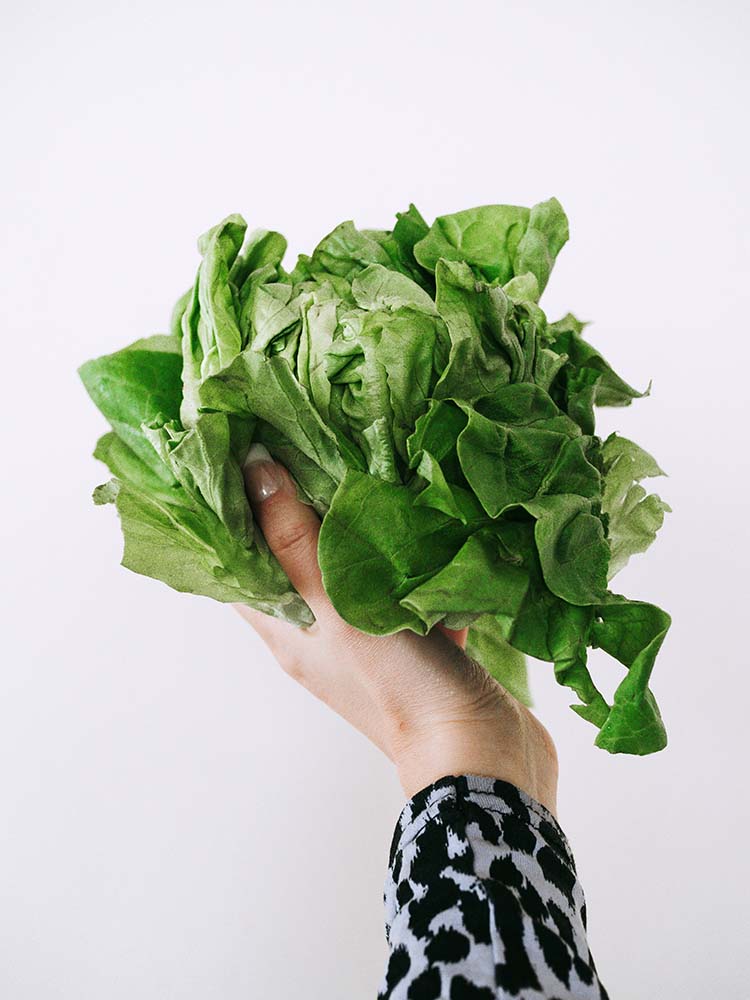The Microbiome
A microbiome is a population of microorganisms living together in a specific habitat. The human microbiome refers to the community of microorganisms that reside inside and outside of our bodies. Some of these microorganisms include bacteria, fungi, and viruses. Our microbiome is a key component in keeping our bodies healthy and performing well.
Our microbiome is easily influenced and thrown off balance from several factors such as stress, poor diet, or a lack of sleep. Ensuring that our microbiome is in great condition especially in our gut can help boost our immune system, aid in healthy digestion, and keep our mood elevated.
The connection between mind and gut has been a popular topic among scientists and health conscious consumers in recent years. The health of our gut microbiome directly impacts our mood and feelings, so ensuring our gut is healthy helps to balance our mood. The mind and gut connection refer to the communication between our gut and brain on the gut-brain axis. “Your gut microbiome communicates by creating and consuming the majority of your body’s neurotransmitters. You know serotonin, your “happy” neurotransmitter? Over 90% of your body’s serotonin is made by your gut microbiome.”

How to Take Care of Your Gut
There are many ways to ensure our gut stays healthy and well balanced. Eating a variety of nourishing whole foods consisting of vegetables, fruits, beans, and whole grains is the first step in taking care of the gut. Reducing sugar and alcohol intake is also important for a healthy gut. Our gut flora needs a mixture of probiotics and prebiotics to flourish. Getting adequate sleep and mediating stress is also very important to keep our gut health stable.
Prebiotic Supplements
Prebiotics are plant fibers that can stimulate the growth of good bacteria in our gastrointestinal tract. Taking prebiotic supplements can help feed the good bacteria in our gut, and make an excellent pairing with probiotics for our health. Examples of prebiotic foods include garlic, chickpeas, and apples. Prebiotic intake should be primarily made through healthy whole foods. Natural supplements can be the perfect option for individuals with busy schedules to ensure their bodies have the right amount of prebiotic content.
Are Probiotics Good for Constipation?
Probiotics refer to the beneficial microorganisms that live in our bodies. Probiotics are a popular topic in health due to research suggesting that consuming probiotics can have major health benefits. Consuming probiotics through healthy foods or supplements can improve many of our bodily functions including digestion and immune health. So, how does increasing your probiotic consumption help with constipation? Probiotics can help treat constipation by softening stool. Probiotics can help increase the frequency of bowel movements. Probiotics for constipation should be taken with plenty of water to keep your body well hydrated!
How Long Does it Take for Probiotics to Work for Constipation?
The best time to take probiotics is in the early morning before eating to allow for the probiotic to absorb more effectively and spread its health benefits to your microbiome. It can take from 2-4 weeks with daily supplement use to see the benefits of probiotics. Probiotics help break down non-digestible fibres leading to better digestion. Gas, bloating, and diarrhea can be the initial side effects of increasing your probiotic intake. Some signs that probiotics are working can be increased energy and an increase in bowel movements.


Do Probiotics Help With Weight Loss?
There is promising research that suggests increasing probiotic consumption can help aid in healthy weight loss. Obese individuals tend to have less diverse gut bacteria. Those who have less diverse gut bacteria, gain weight more easily than those who have more diverse gut bacteria. This suggests that nurturing a diverse gut flora through healthy foods or supplements may help individuals wishing to regulate weight.
The health of our gut flora has many implications on our overall health. One health benefit from having a healthy gut includes the regulation of inflammation in our body. Research has found that low levels of inflammation in the body may cause obesity and several other conditions that increase the risk of stroke, heart disease, and diabetes.
Although more research needs to be conducted in regards to probiotics and weight loss, beginning with a healthy diet and exercise is the best way to support healthy weight loss goals.
Probiotics and Antibiotics
Antibiotics are known and used for killing bacteria. Unfortunately, this also includes the good bacteria in your body’s microbiome. Antibiotics can also create a hostile environment for new good bacteria to flourish. Taking probiotics in the form of foods or supplements prior to and during the use of antibiotics can significantly help keep our body’s microbiome healthy.

Taking care of our body’s microbiome and ensuring the diverse content of our diet can enable our gut microbiome to thrive. A healthy gut will keep our physical and mental health balanced and in great working condition! The most important factors in keeping your microbiome in great condition are reducing stress levels, getting an adequate amount of sleep, and eating nutritious whole foods.








